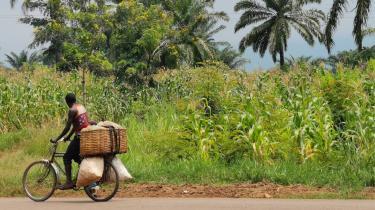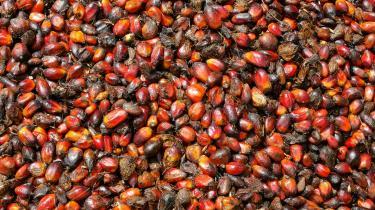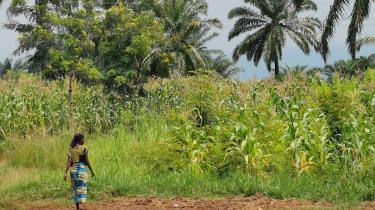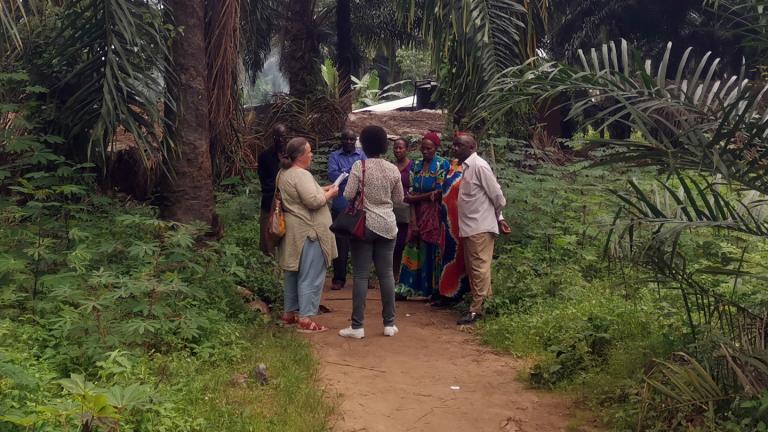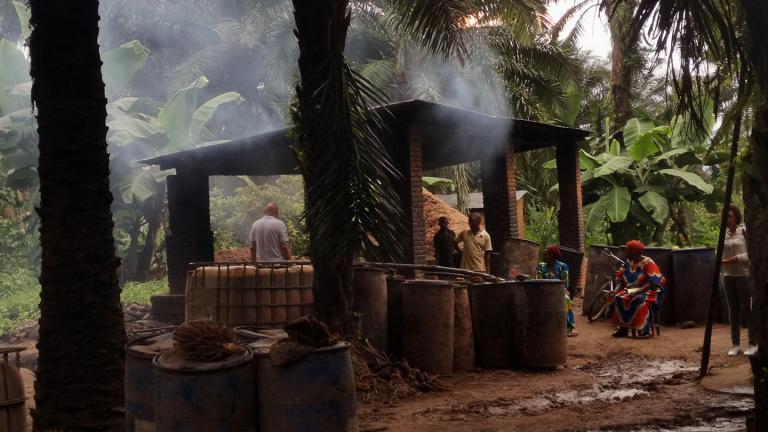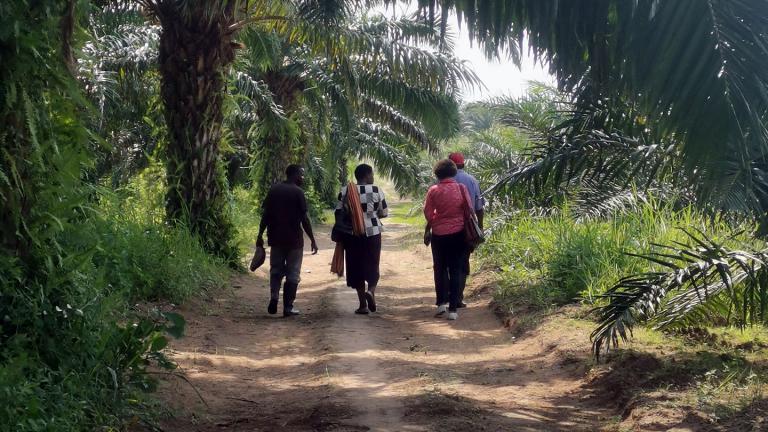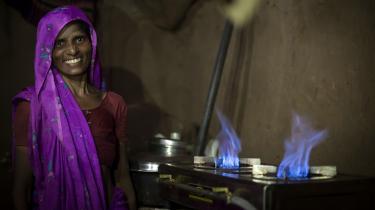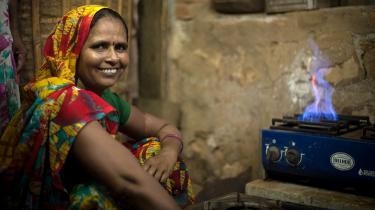Trade and Logistics Clusters (TLCs) are a first-of-its-kind programme being implemented by TradeMark East Africa (TMEA) in Burundi and elsewhere in the region to support growth and job creation. TLCs are geographic nodes that offer opportunities for increased manufacturing production, enhanced trade, efficient logistics and transport systems and hence better jobs and incomes. In Burundi, Triple Line has been working with TMEA to identify high-potential sectors for the TLC approach, and design a programme to deliver on the TMEA vision for those sectors.
Burundi experienced a period of political and economic turmoil in 2015 and continues to face macroeconomic challenges, yet the country’s location along the shores of Lake Tanganyika and its natural resource base represent untapped potential for private sector development and trade.
TMEA is a multi-donor funded development agency that promotes prosperity through trade, by making anchor investments in manufacturing, processing and services to create connectivity to export markets and value addition, to support improvements in the competitiveness of local businesses and to leverage additional investment. A TMEA sector scoping study in 2016 identified three priority subsectors for TMEA intervention: tropical fruit, fisheries and palm oil; however, since then, a ban on the export of fresh produce (in the interests of domestic food security) and concerns over the pollution of water sources originating from palm oil processing have required a reconsideration of the sector focus.
A new study was commissioned to investigate which sectors represent the highest potential for TLC-type interventions, and assess the feasibility of establishing a TLC in the chosen sectors. Based on this, the study would outline a vision for each of the chosen sectors and design a package of interventions that would advance the sectors towards that vision. A Triple Line team of agronomy, market system development and gender and environment experts, worked with TMEA to carry out this study, drawing on a track record in designing urban and industrial infrastructure as well as implementing market systems development programmes.
Phase 1 of the assignment involved deepening our understanding of the key productive sectors and assessing them against a set of impact and feasibility criteria, derived on the basis of best practice for developing trade and logistics clusters and adapted for the specifics of the Burundian context and for the particular strategic requirements of TMEA. This yielded a shortlist of tropical fruit, palm oil, coffee, tea, flowers, essential oils and logistics.
We then carried out a detailed market systems analyses for those subsectors, assessed their potential impact in terms of scale, effect on the balance of trade, and job creation potential, and then derived a list of key strategic interventions for each subsector and assessed their feasibility. This analysis led us to the selection of the palm oil sector for the detailed feasibility assessment.
We proposed an intervention package placing environmental sustainability front and centre
As part of the detailed analysis of the palm oil sector for Phase 2, we articulated a vision for the subsector to ‘transform palm oil processing in Burundi from artisanal and environmentally degrading methods to better technologically driven and environmentally sustainable methods, and subsequently increase production of oil to improve Burundi’s trade balance’. Following a detailed constraints analysis, we proposed a four-part intervention package placing environmental sustainability front and centre and seeking to combine approaches focused on improving aggregation, improving support services to smallholder farmers, and boosting stakeholder engagement, traceability systems, capacity building and regulation in order to address the weak points of the sector in a holistic manner. This would include i) a public-private dialogue platform, ii) an aggregation model through a multi-service platform to increase the amount of production moving through environmentally friendly processing, iii) support for upgrading SME and cooperative-led processing, and iv) improvement of environmental screening.
Burundi faces a number of ongoing challenges, and even the most promising of its sectors are currently too fragmented and weak to support a fully-fledged Trade and Logistics Cluster. However, there is a clear rationale for implementing a number of early-stage interventions that have the potential to build the foundation for pro-poor and environmentally conscious private sector growth.
Credit: all photos by Daria Dubovitskaya
